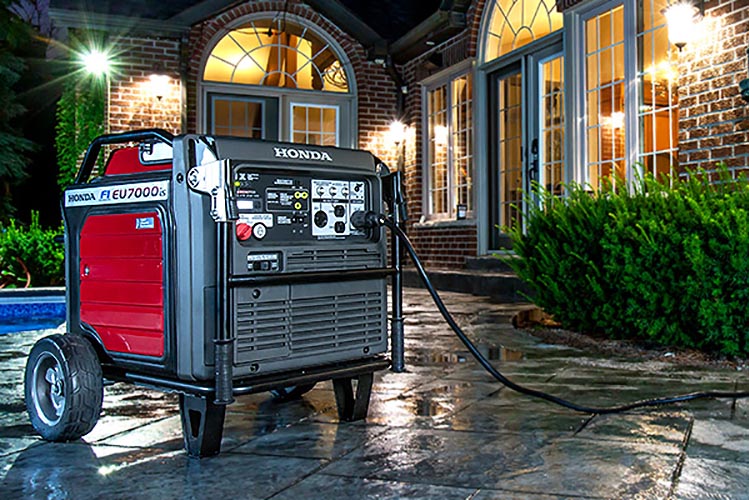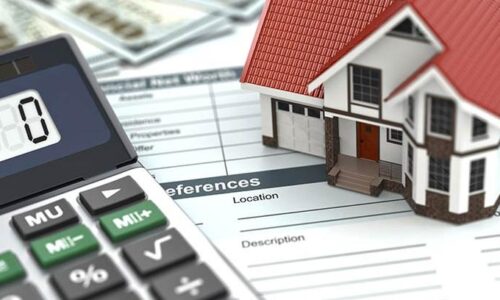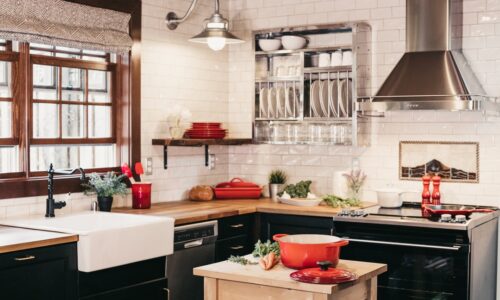Winter is usually a dull and slow season. people tend to keep indoors most of the time to stay away from the biting cold. You will experience power outage now and then during this season as the snow gets heavier and interrupt the main grid. Power outages can be very inconveniencing especially if is for several days. You won’t be able to warm your house, your food will spoil, your pipes freeze and many other inconveniences. Having a good standby generator can help you a great deal to keep you running as you wait for the main grid to get fixed. You can find some good and quality generators at bestgenerator.org
There are so many generator models and brands. These models range from small generators that can only run a few appliances to big models that can power an entire house for days. It can be challenging to find one that will cater to your needs and still be within your budget. There are a few factors to consider before you finally settle on one that will be convenient for you. Here are some tips you can use to get the right generator for your home.

Consider Your Wattage
If you want to get just the right size for your home and one that is within your budget, consider the wattage use of various appliances that you frequently use in your house. You can sum up the wattage of these appliances, then look out for a generator that can produce that power. There are a few appliances though that consume more power than their indicated wattages especially when they are cycling. Also, consider the power consumption of your hardwired appliances. Ensure that you have an allowance of this consumption in your calculation to find the most appropriate generator.
Frequency of Power Outage
The frequency at which you lose power can also help you determine which generator to get. If you experience prolonged and frequent power outages, you may consider getting a generator that is cable of powering your entire house. Those of you who live in areas prone to extreme weather conditions like ice storms and hurricanes are likely to experience outages that will last for days. These should have powerful and large generators on standby to take over and power the house. If you experience just occasional outages that last just a few hours, you can go for a light generator that can power just the essential appliances like heaters and fridges. On the other hand, if you rarely lose power, you might not have a need to get a generator, but you can get a small one for emergencies just in case.
Standby or Portable Generators
You need to decide which of these two suits your home. If you are looking for a small generator for running a few appliances in a few hours, then you can opt for a portable generator. Most of the models in this category are less costly and consume less fuel. They are appropriate for a household that rarely experiences power outages. The standby generators are usually large appliances that require to be fixed permanently in your home. These models are suitable for homes that often experience power outages for days. The generators are usually connected to the main connection in a way that they can kick start automatically when a power outage occurs. They are a bit costly, so you have to be ready to make a serious investment if you are required to buy this type of generator. However, you may need a portable water power generator if you go for a Camping and Kayaking. Check out www.kayaknv.com to explore more information.
Get One with Wheels
Generators are very heavy machines. if you need to keep moving your generator, go for one with wheels that you can manage to move alone. You might now find anyone to assist you, especially at night. Generators should always be away from your house to prevent carbon monoxide poisoning. Apparently, most people die of these poisoning than they do due to extreme weather conditions that cause power outages. So, you need to be careful.
Ignition
Traditional generators relied on pull-starts. Pull-start generators are prone to failure since they are very difficult to start. You may not have time to struggle with your generator especially during emergencies. Consider going for an electric key start generator that you won’t need to use a lot of energy and time to start. It is rare for such to fail you.
Fuel Tank
The bigger the fuel tank, the better. Generators run on fuel, if you did not know. This fuel will run out at one point, and you will be required to refill. If it is during the day time, you can just check and refill. However, at night, it might be inconveniencing to wake up to refill your generator. If you can, get one with a large fuel tank that can last for more than 10 hours running non-stop, then you can schedule your time accordingly.

